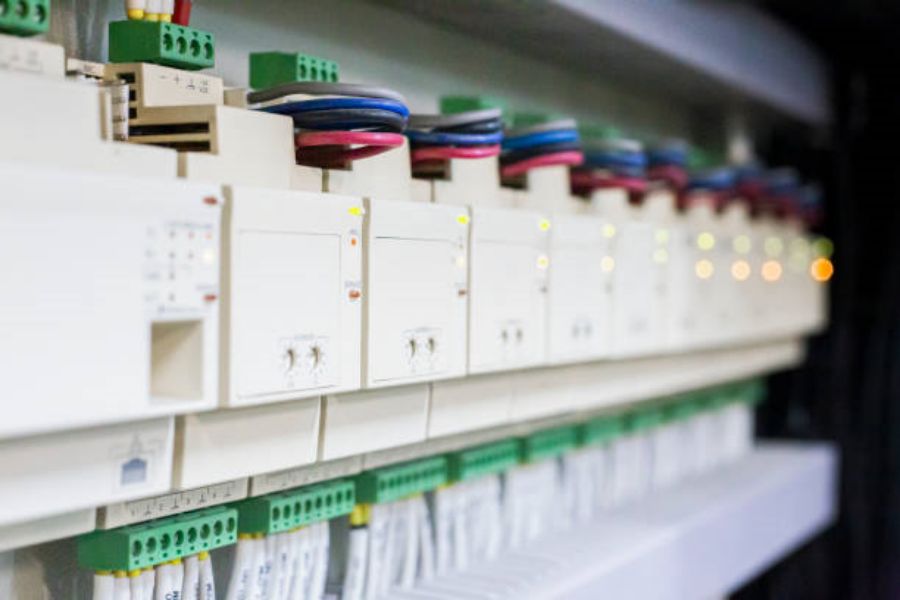Table of Contents

The Importance of an air compressor contactor
An air compressor contactor is an essential component in the operation of an air compressor. It plays a crucial role in controlling the electrical power supply to the compressor motor. In this article, we will explore the various aspects of an air compressor contactor, including its function, types, installation, troubleshooting, and maintenance.
Understanding the Function of an Air Compressor Contactor
The primary function of an air compressor contactor is to switch the electrical power supply to the motor of the compressor. When the compressor is not in use, the contactor remains open, ensuring that no electrical current flows through the motor. However, when the compressor is turned on, the contactor closes, allowing the current to flow and powering the motor.
Different Types of Air Compressor Contactors
There are several types of air compressor contactors available in the market, each designed for specific applications. The most common types include magnetic contactors, motor starters, and solid-state relays. Magnetic contactors use an electromagnet to close or open the contact points, while motor starters combine the contactor with overload protection. Solid-state relays, on the other hand, use semiconductor switches to control the current flow.
Installing an Air Compressor Contactor
Installing an air compressor contactor requires basic electrical knowledge and safety precautions. Before installation, ensure that the power supply is disconnected and the compressor is turned off. Follow the manufacturer's instructions and wiring diagram to connect the contactor to the motor and power source. It is vital to choose a contactor that matches the voltage and current requirements of your air compressor.
Maintaining an Air Compressor Contactor
Proper maintenance is crucial to ensure the longevity and optimal performance of an air compressor contactor. Regularly inspect the contactor for any signs of wear, corrosion, or loose connections. Clean the contact points if necessary and tighten any loose screws or terminals. Additionally, lubricate moving parts as per the manufacturer's recommendations. It is also essential to keep the contactor's enclosure clean and free from dust or debris.
Choosing the Right Air Compressor Contactor
When selecting an air compressor contactor, it is essential to consider the specific requirements of your compressor. Factors such as voltage, current rating, overload protection, and environmental conditions should be taken into account. Consult the compressor's manual or seek professional advice to ensure you choose the correct contactor that meets your compressor's electrical specifications.
Benefits of Using an Air Compressor Contactor
Using an air compressor contactor offers several benefits. Firstly, it provides a safe and reliable means of controlling the power supply to the compressor motor. It helps prevent overload and short circuits, protecting both the motor and the operator. Additionally, using a contactor can enhance energy efficiency by reducing power consumption. It also allows for remote control and automation of the compressor, improving convenience and ease of use.
Common Applications of Air Compressor Contactors
Air compressor contactors find applications in various industries and settings. They are commonly used in manufacturing plants, automotive workshops, construction sites, and HVAC systems. Any operation that requires the use of an air compressor can benefit from the use of a contactor, as it ensures safe and efficient operation of the compressor motor.
Conclusion
An air compressor contactor is a vital component in the operation of an air compressor. It controls the electrical power supply to the motor, ensuring safe and efficient operation. Understanding the function, types, installation, troubleshooting, and maintenance of an air compressor contactor is essential for optimal performance and longevity. By choosing the right contactor and following proper maintenance practices, you can ensure the smooth operation of your air compressor.
